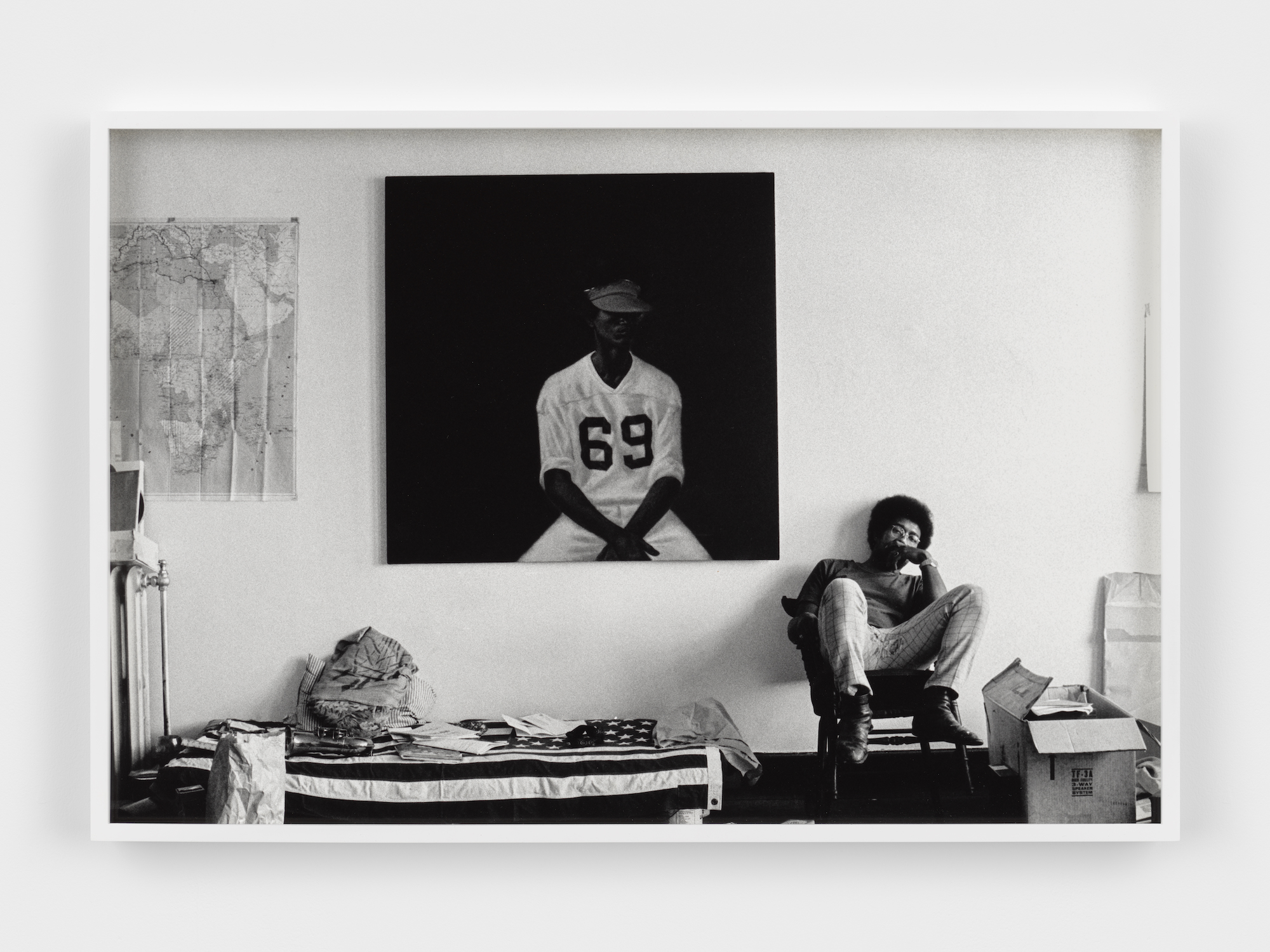Best known for his iconic paintings of Black figures, Barkley L. Hendricks was also a prolific photographer, something celebrated in the new show Myself When I Am Real at New York’s Jack Shainman Gallery. Having received his first camera in the mid-60s, Barkley studied under photojournalist Walker Evans at Yale, an experience that affirmed for him the value of documentary photography. “Just him being a Black photographer and shooting his everyday life — that’s radical,” remarks Elisabeth Sann, director at the gallery. It’s unclear how much Barkley (who died in 2017) paid attention to the photography scene following his schooling under Evans, but he was happy to be ‘outside’ of his time rather than on trend: “He loved the Dutch masters and baroque painters, more than looking at his contemporaries.” Similarly, at the time he was making them, portrait paintings were not in fashion.
Barkley used the camera to make studies of almost all of his sitters. But the exhibition skirts those visuals to examine different typologies of work, all playful in their compositions. It’s something that translated from his paintings, which are relatively minimalist, but composed with just enough skew to remain distinct: many have a head or foot cut off right at the edge of the frame.
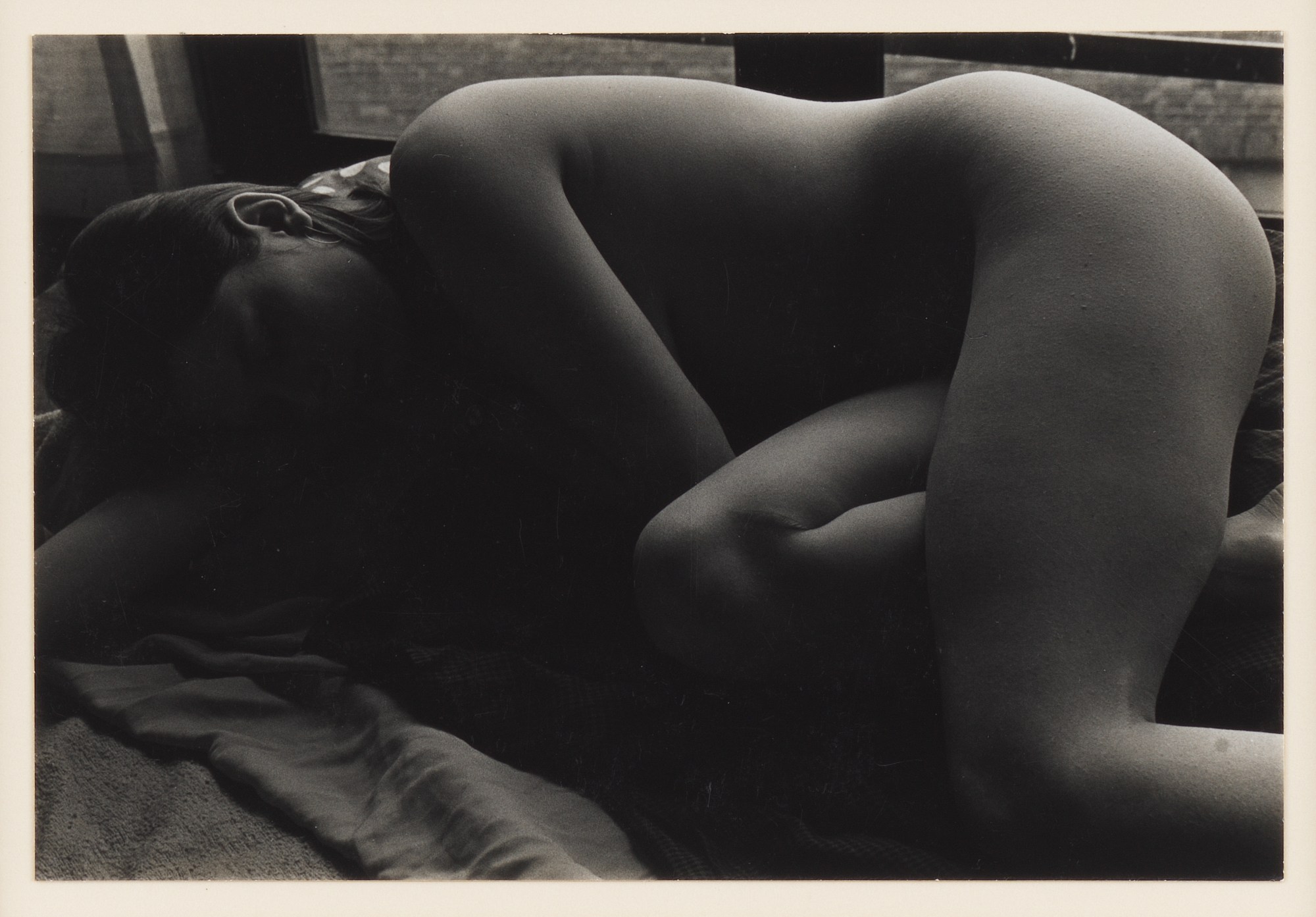
One complete series features stills of a TV blaring at a dimly lit Connecticut bar at which Barkley was a regular. The compositions are either closely cropped on the TV, or seen from a maintained angle that encompasses a portion of a wall featuring a taxidermied jackalope and a rack of potato chips. The snapshots, which range from the 80s through the 90s, underline the ballooning influence of mass media. “This is what everyone was consuming,” Elisabeth notes, pointing to when Mike Tyson bit Evander Holyfield’s ear off, amongst other televised moments (like the trial of OJ Simpson) captured in the stills. Within the gallery, the exhibition is bookended by trails of TV sets, “almost like you’re flipping through the channels,” Elisabeth notes. These images are from around the time when TV stopped melting into a snowy cacophony at midnight, and 24 saturated hours of programming were ushered in as the new normal. As Elisabeth points out, it was a “culture of media being foisted into all of our lives”. The TV series was ritualistic, something that also characterised Barkley’s landscape paintings, completed while wintering in Jamaica for the last 30 years of his life.
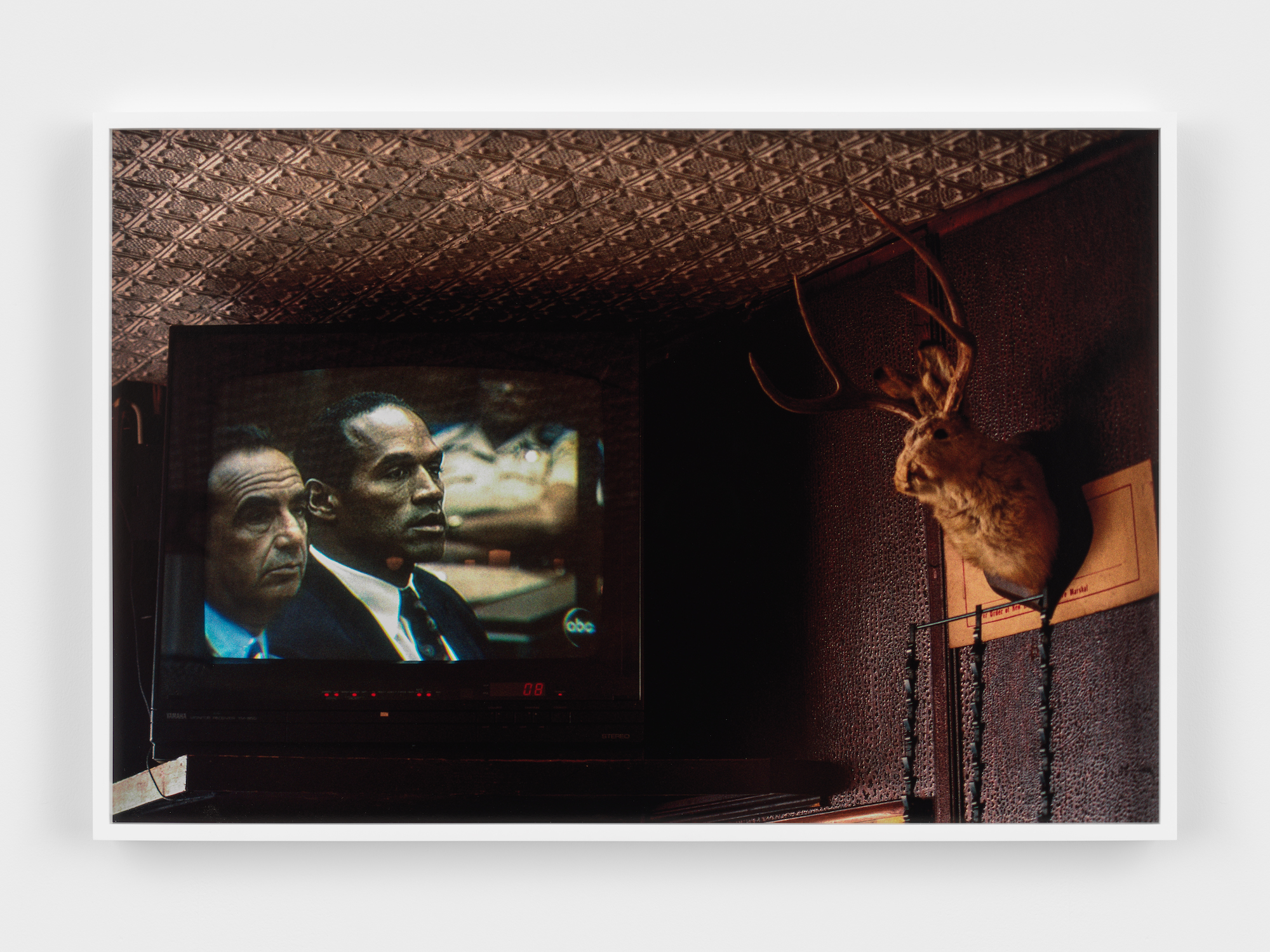
Other photographic works offer a more impromptu view of Barkley’s world. There are photos he took on the street, like one of a chic older woman in a plaid suit and fur stole standing in front of Barkley’s favourite museum, the Frick Collection (where, as it happens, there will be a Barkley L. Hendricks show in September). Within interiors, Barkley plays with reflections, like a self-portrait in a store’s convex mirror (evoking the vibes of Vivian Maier). Or photos with his lover, in which the duo are reflected in a wall-mounted mirror framed by an unmade bed and bookshelves housing copies of Hustler, The Afro-American Artist and Gandhi’s Truth. His work is also spiked with flashes of Man Ray, playing with juxtapositions of human forms amongst mannequins, blurring the lines between human and non-human.
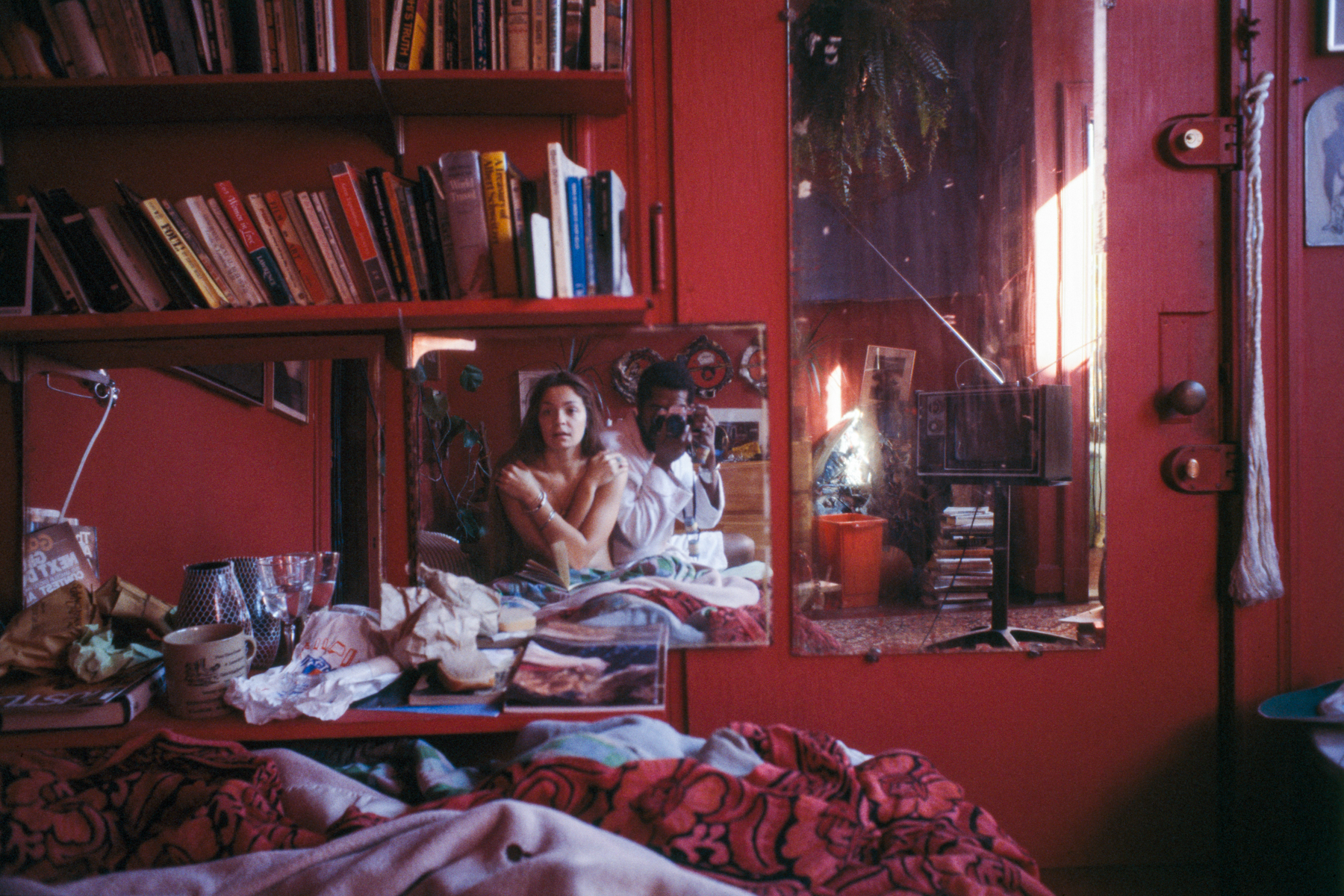
Barkley felt no hierarchy between painting and photography. “He thought of himself as a painter, but he was always working in a ton of different types of media,” Elisabeth notes. His oeuvre includes collages, drawings, watercolours, found object assemblages, still lifes and landscape paintings. Though he wanted the rest of his practice to be known, he was aware he’d already been defined by his portraits. Today, art-making is considered in much less narrow terms and, in that sense, Barkley’s ease and delight with a pluridisciplinary practice was ahead of its time for refusing restriction. “He just kept doing his own thing,” Elisabeth says. “Up until the day he died, he was never concerned with what people expected of him.”
‘Myself When I Am Real’ is on show at New York’s Jack Shainman Gallery through 26 May 2023.
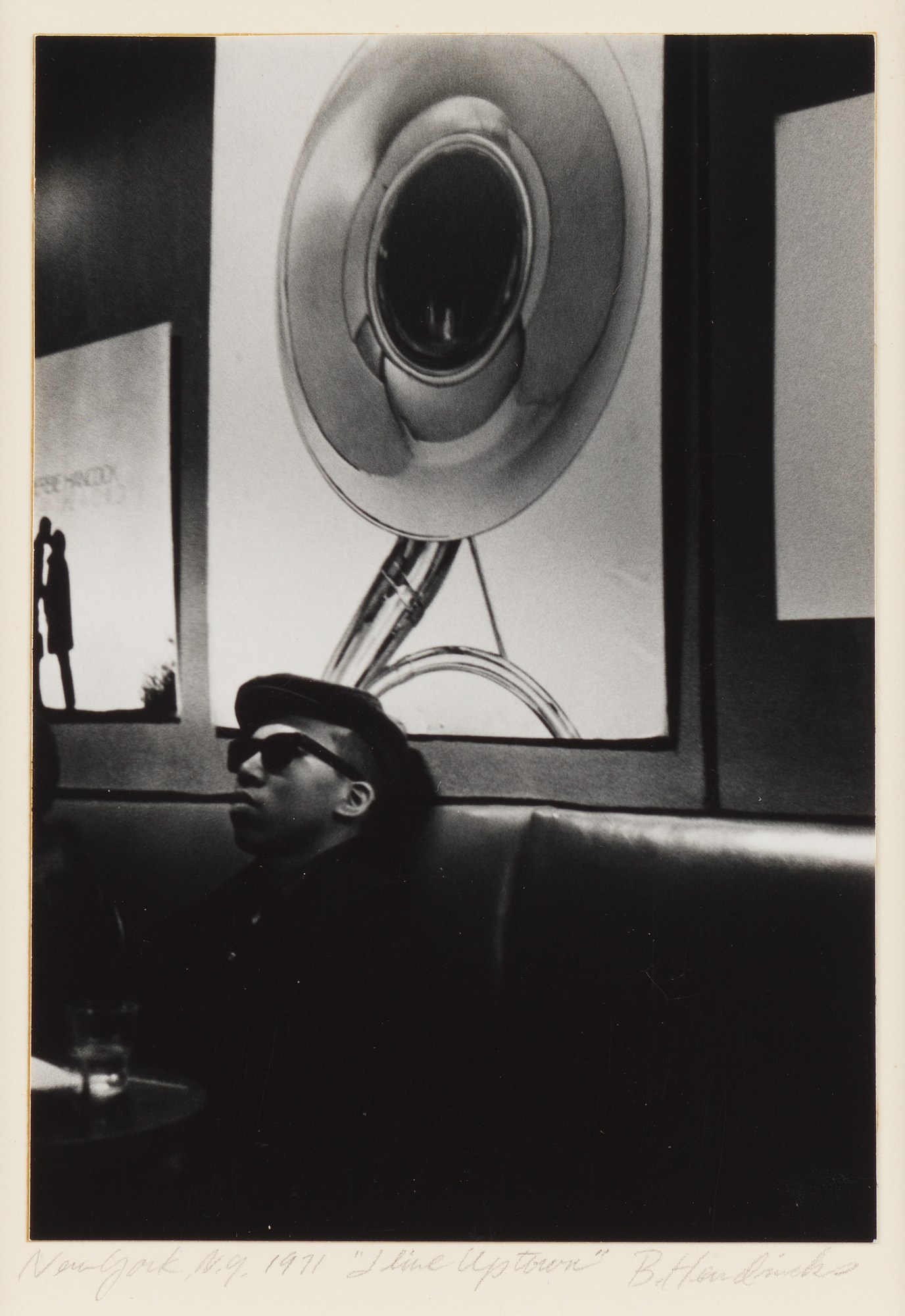
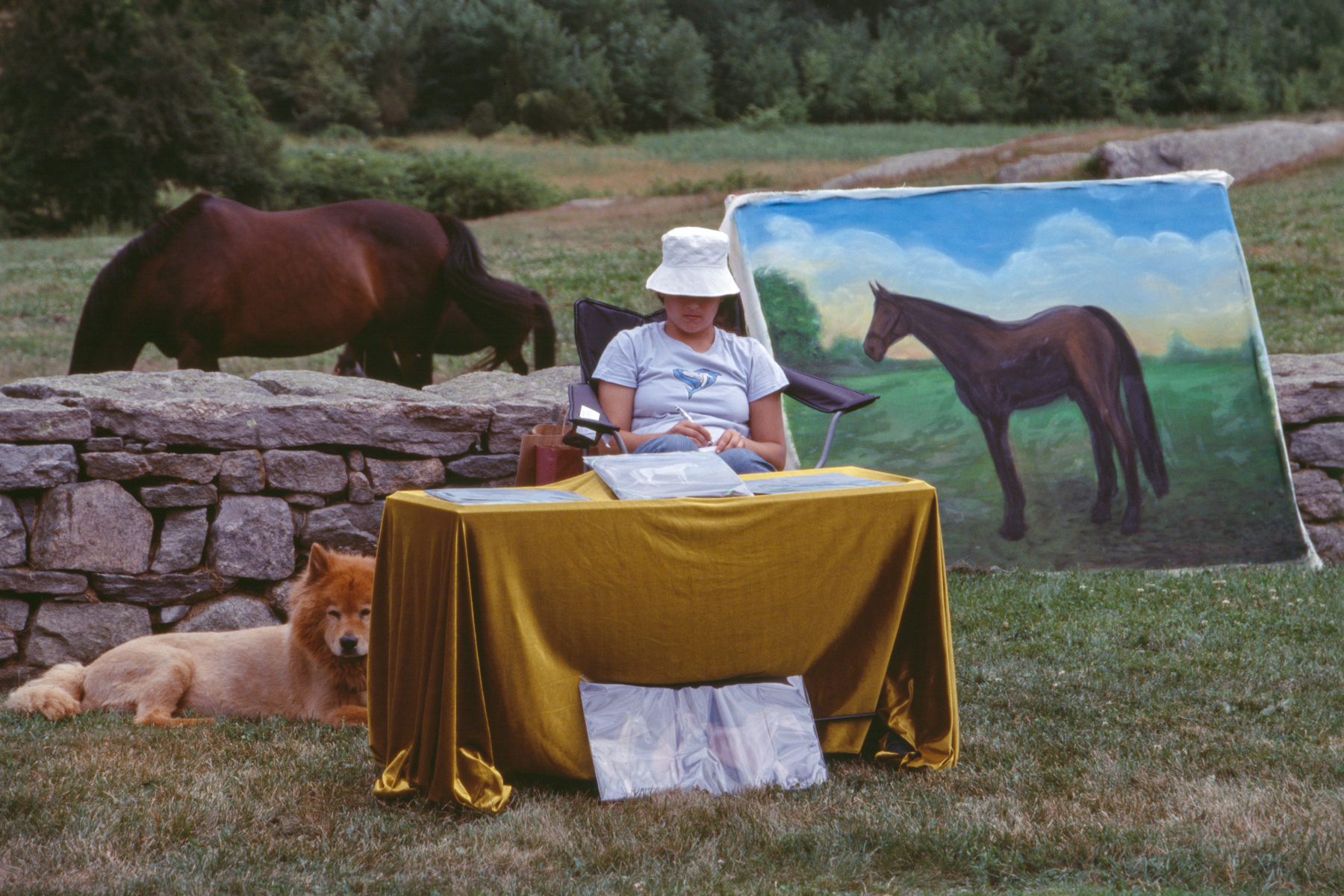
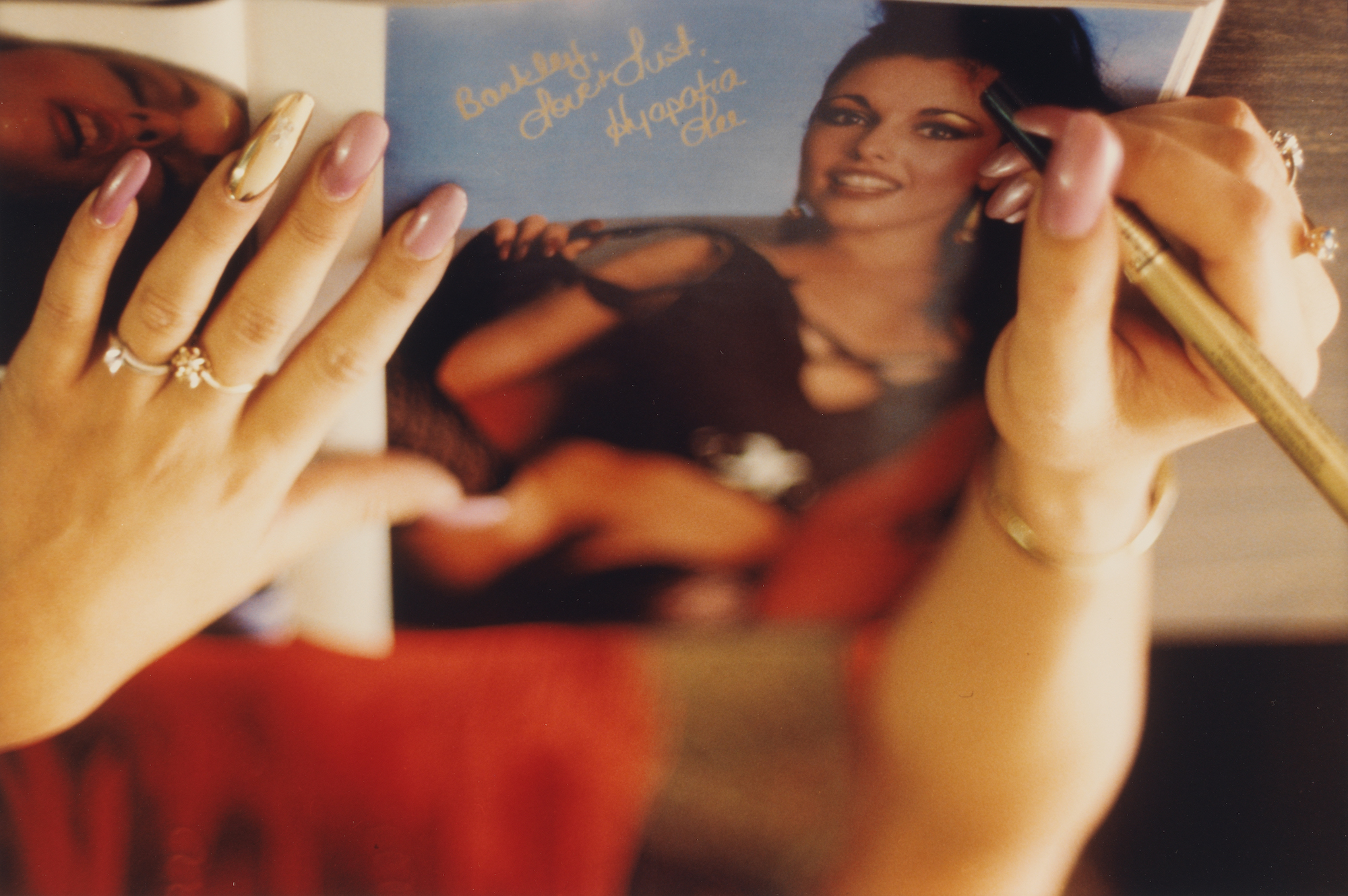
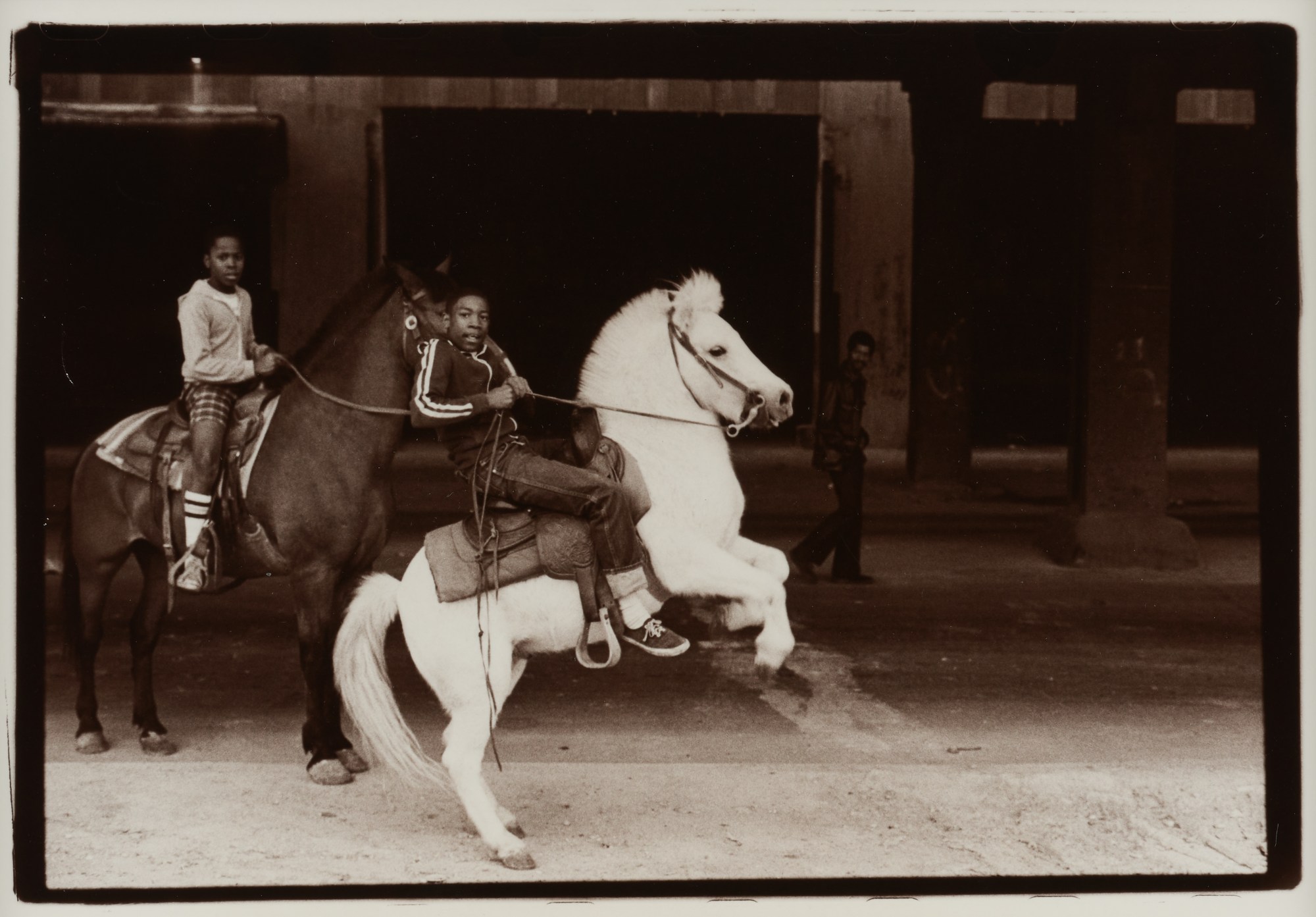
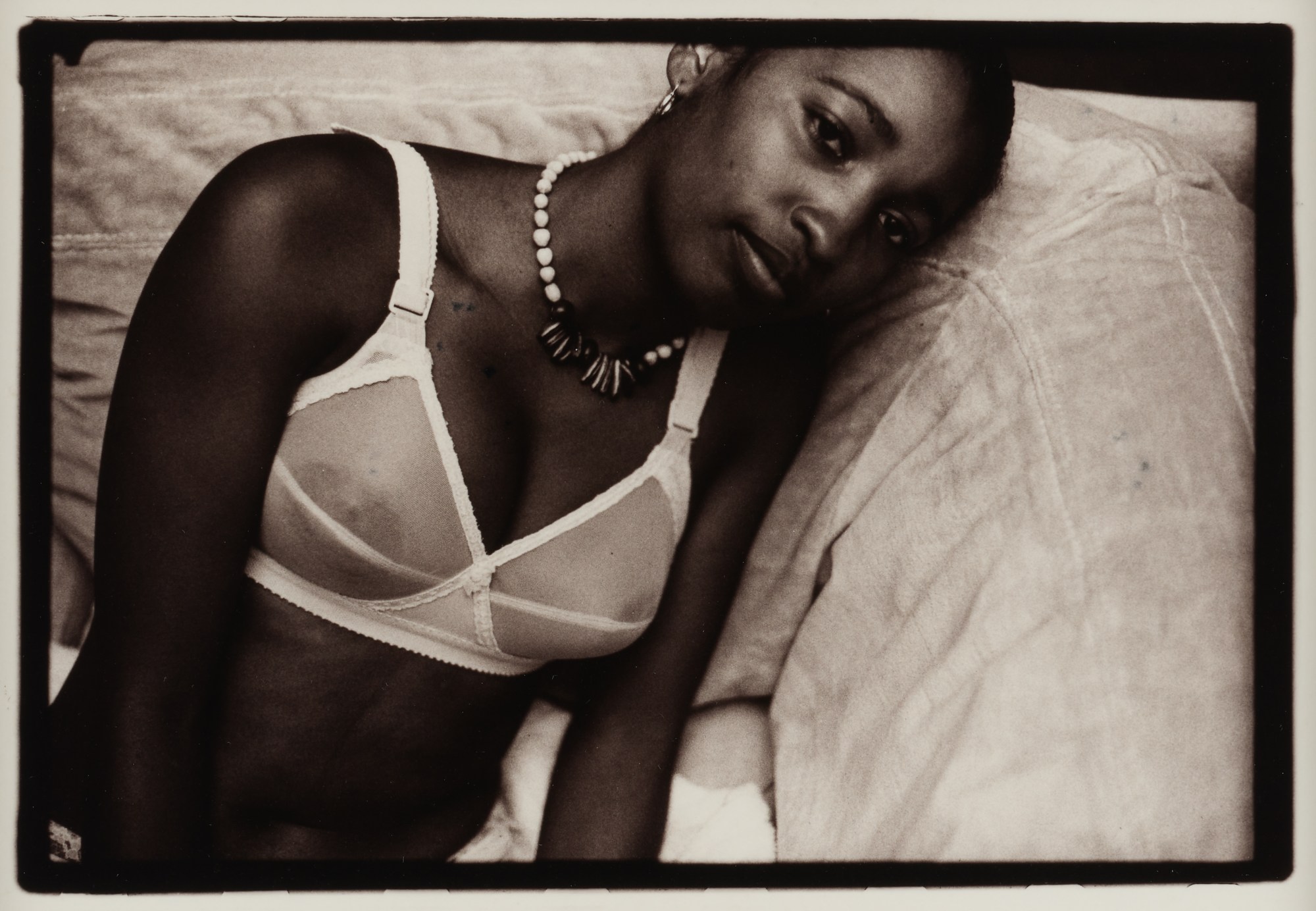
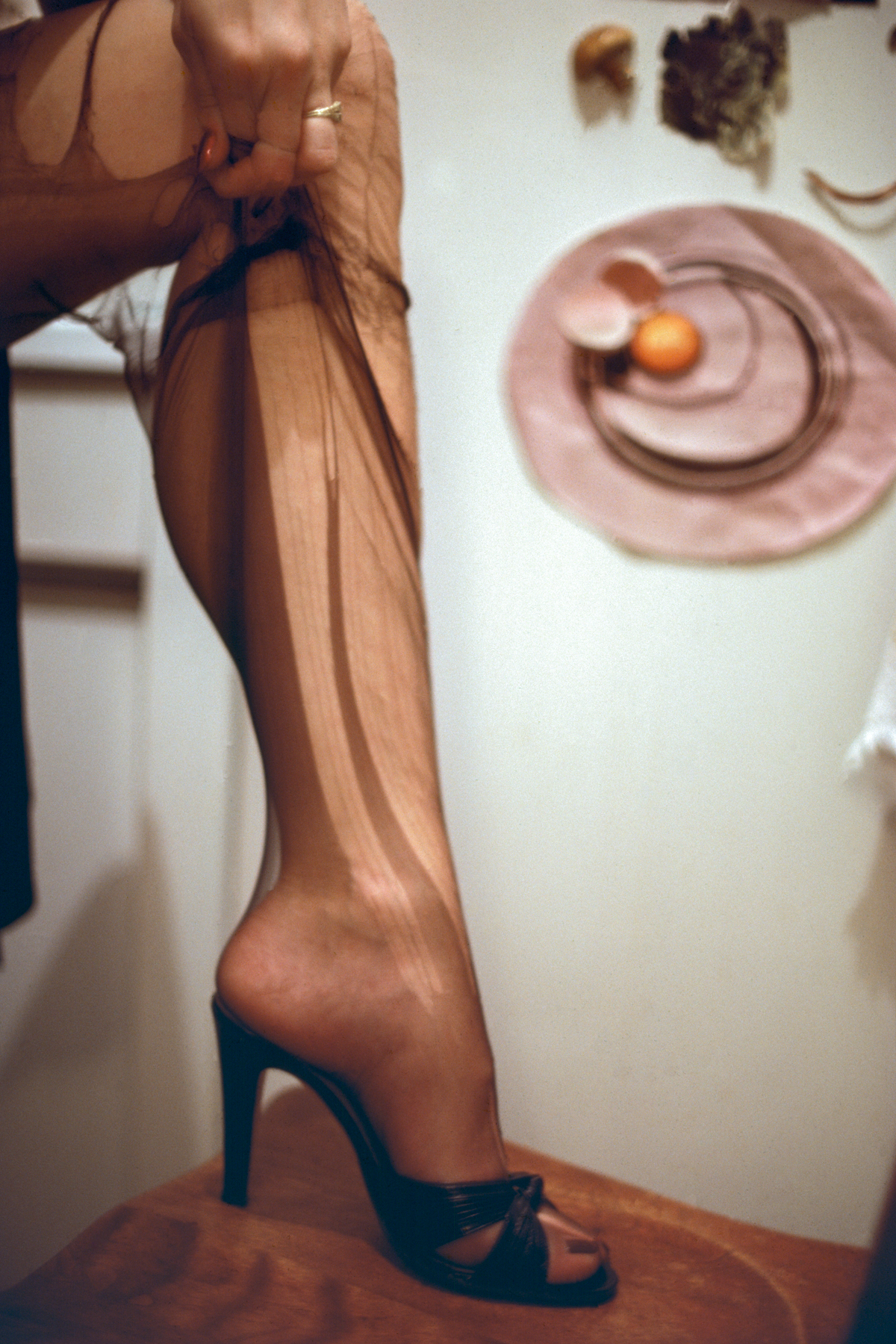
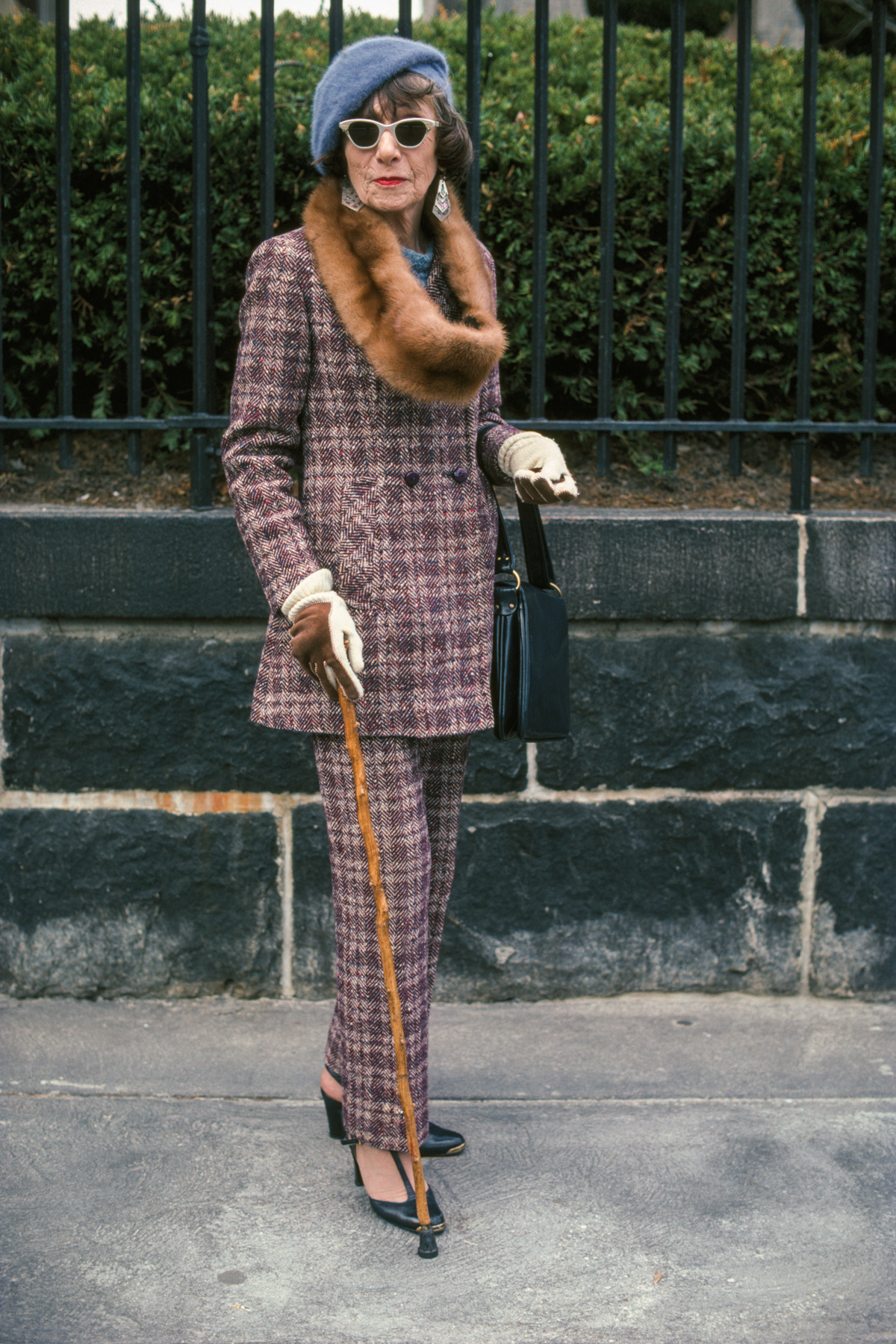
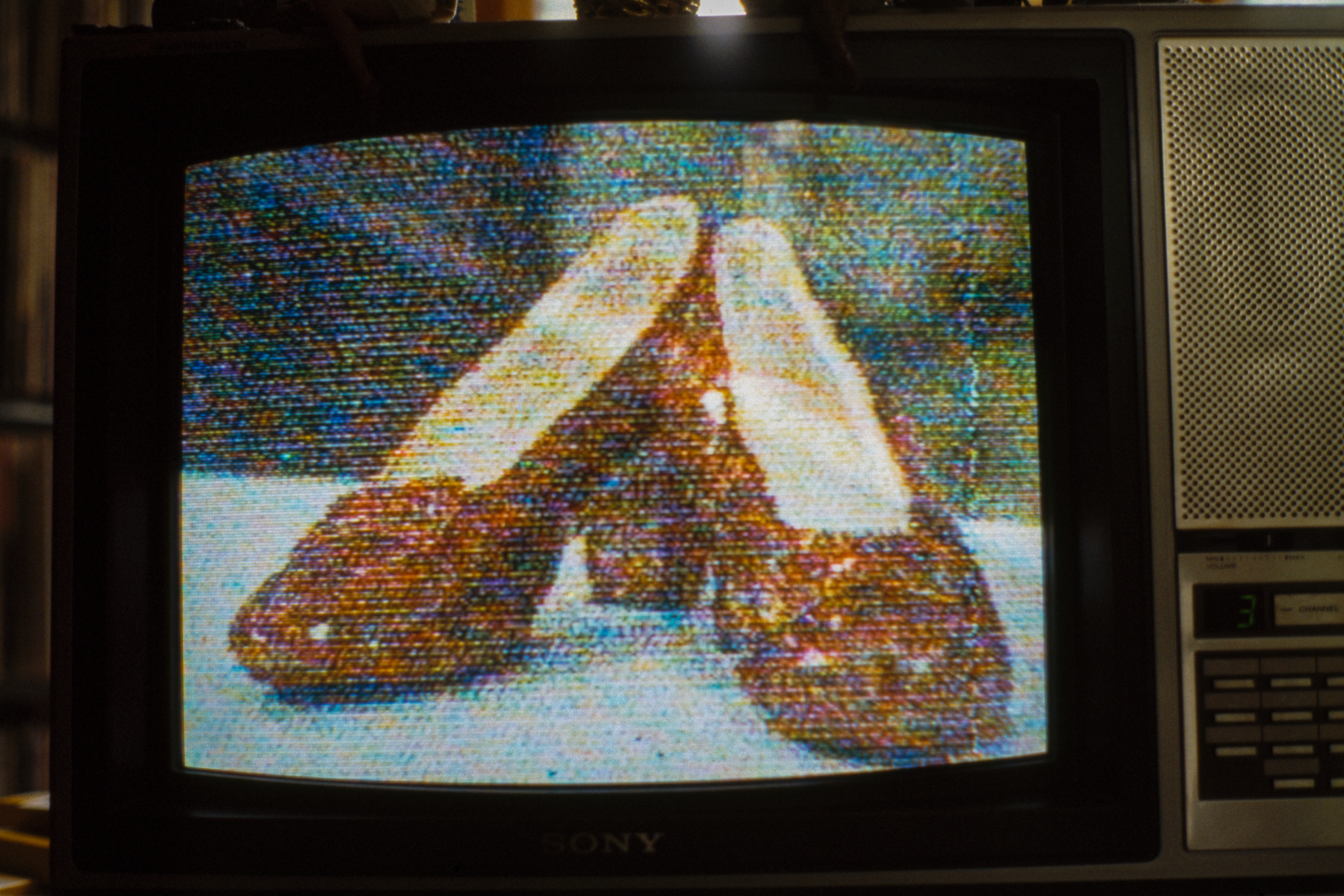
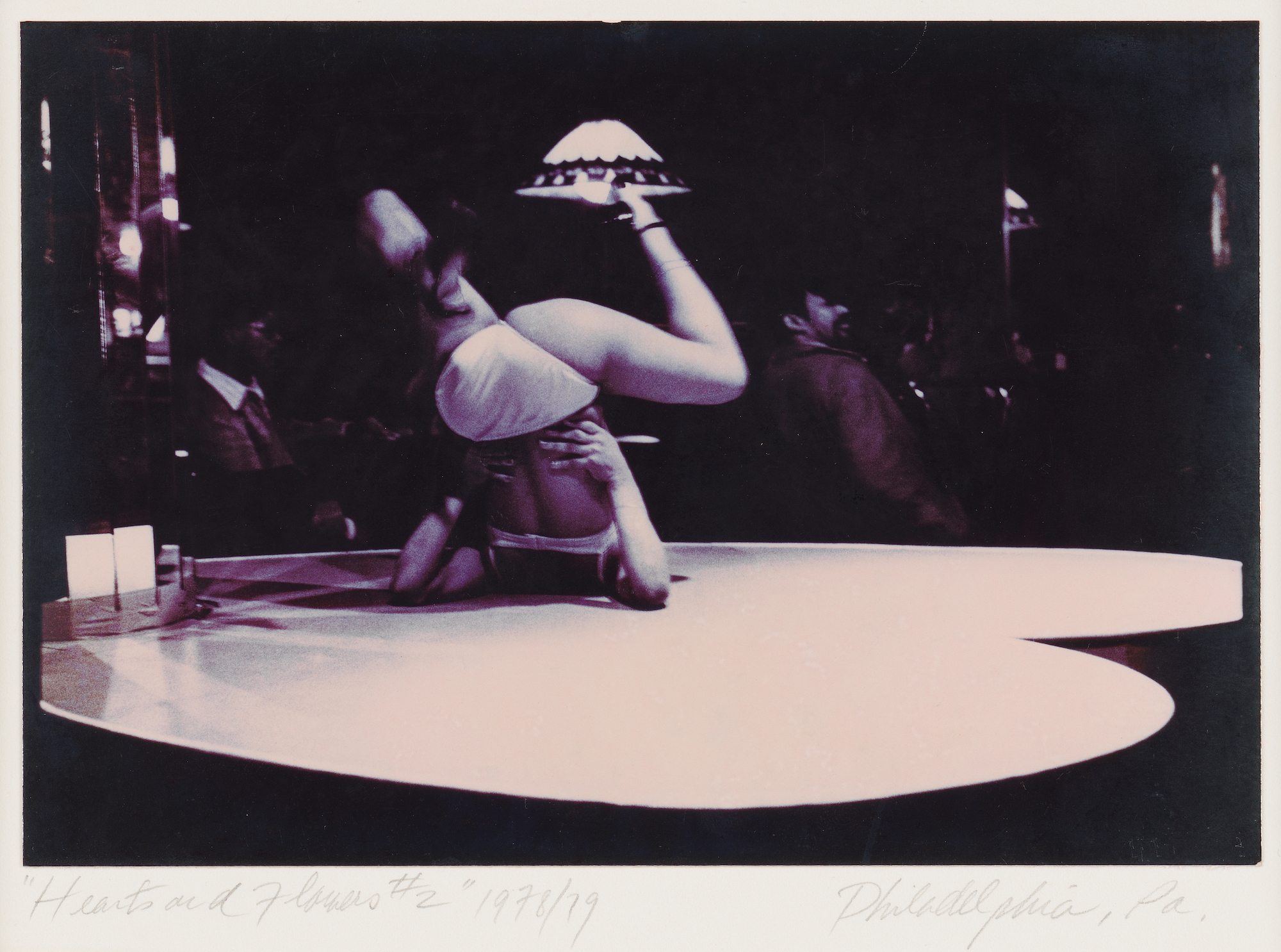

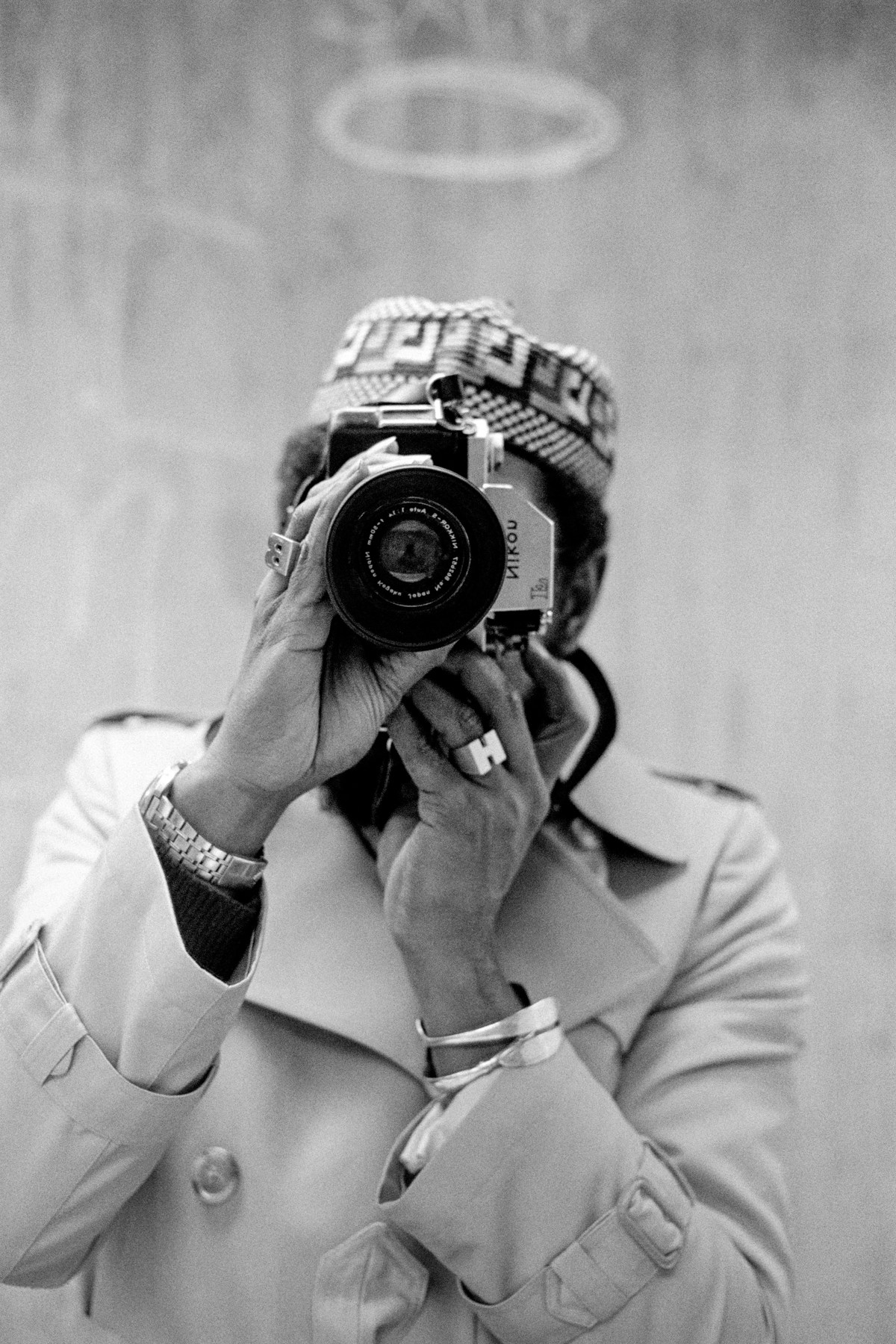
Credits
© Barkley L. Hendricks. Courtesy of the Estate of Barkley L. Hendricks and Jack Shainman Gallery, New York.
